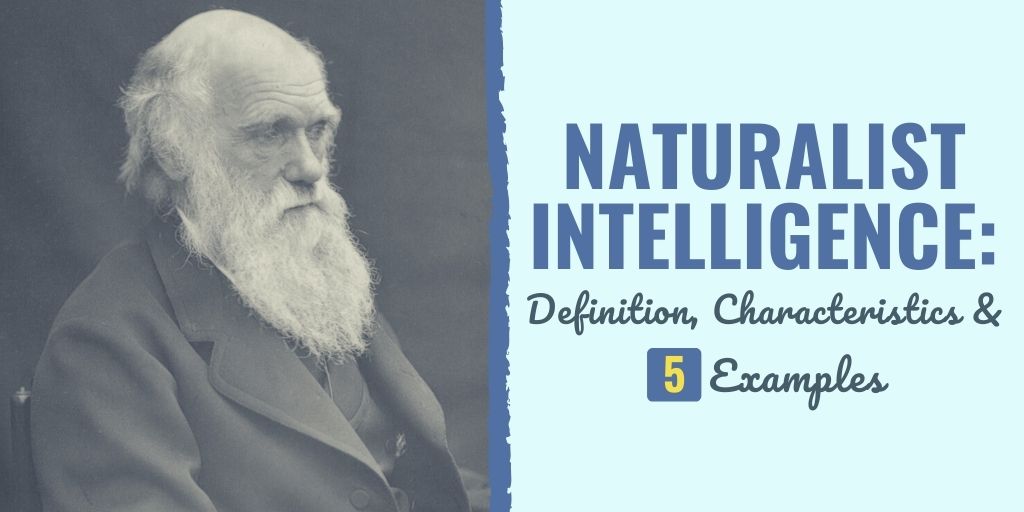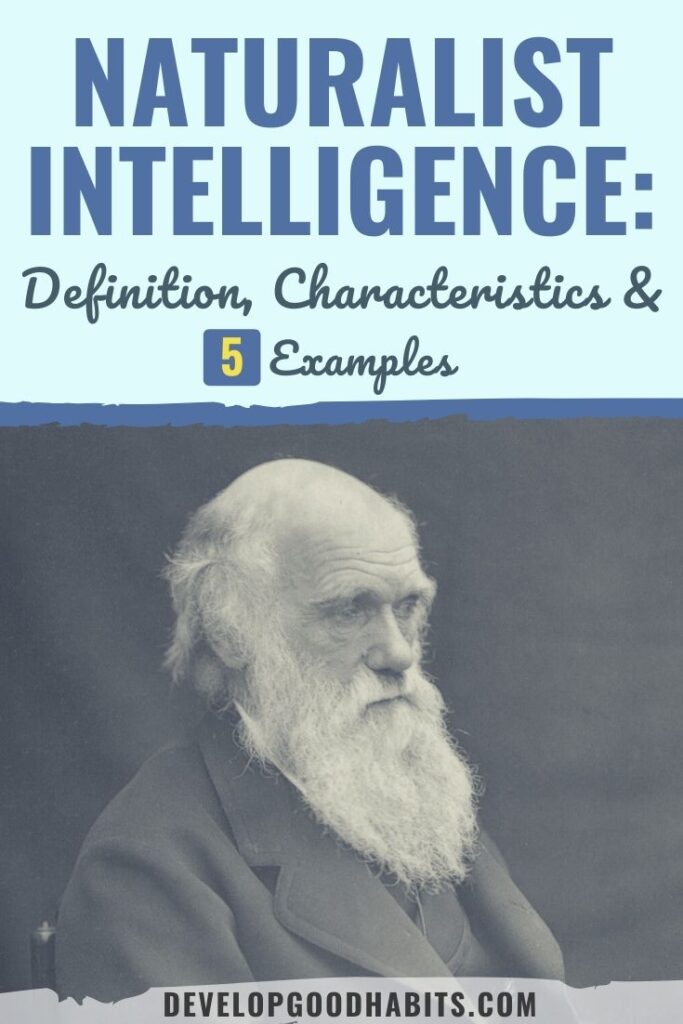There might be affiliate links on this page, which means we get a small commission of anything you buy. As an Amazon Associate we earn from qualifying purchases. Please do your own research before making any online purchase.
Although it was almost 20 years ago, I will never forget the unseasonably warm Saturday morning in December I had to wake up and go to an unfamiliar school to take the test that marks the beginning of the end for high schoolers nationwide–the SATs.
Even back then, there was debate regarding how well these and other standardized tests really measure students’ intelligence, and the conversation continues today. However, the research on the efficacy of these tests has made little to no impact on their annual presence.
Among the chief complaints that teachers and parents have about standardized tests is that they don’t measure whether or not a student is ready to do college work or perform up to standard in the professional world. What’s more, they don’t really assess a student’s mastery of anything specific.
Speaking of mastery, if you want to learn quickly, then the key to mastering a new skill is to only focus on the information that can be immediately applied. The video below provides 5 simple steps you can use to master any skill in a short amount of time using just-in-time-learning.
In reading the research that includes these types of opinions from parents, it seems as if they are thinking along the same lines as Professor Howard Gardner when he wrote his 1983 book, Frames of Mind: The Theory of Multiple Intelligences.
In his book, Gardner explores how the word “intelligence” falls short when describing human achievements and endeavors that go beyond multiple choice questions in school.
Efforts are needed in schools to develop students’ intelligence, which has developed from a single concept of unity over time into multiple categories of “intelligences”.
One’s overall competence considers their wide array of abilities, skills, and talents–in whatever degree or combination that may be.
We are all born with multiple intelligences, with each individual having a diverse and unique set of intellectual strengths and weaknesses.
The seven intelligences that Garnder originally proposed included: linguistic, musical, logical-mathematical, spatial, bodily-kinaesthetic, interpersonal, and intrapersonal.
Then in 1994, he released the second edition of his book, including an eighth intelligence: Naturalist Intelligence.
In this article, we are going to take a look at the background of Naturalist Intelligence, the characteristics that someone who has a high level of this intelligence would display, and potential career opportunities that would be a good fit for this population. Finally, we will take a look at five well-known people who are gifted in this area.
First, let’s delve into what this intelligence entails.
What is Naturalist Intelligence?
Naturalist intelligence was added to the existing seven intelligences to address one’s ability to recognize, analyze, and manipulate the things in their environment, such as objects, plants, and animals.
This type of intelligence measure’s one’s awareness of the natural world around them and their sensitivities to any changes that occur. It allows us to identify the variation among two different species or groups of people and understand how each is related.
When humans were first on earth, having naturalist intelligence was critical to survival, as people had to be able to recognize the difference between dangerous and useful animals. Human survival was also dependent on one’s ability to observe the climate and make the most of their food resources.
So, how do you develop your intelligence in each one of Garnder’s categories of intelligence, including naturalist intelligence? If you’re a regular reader of DGH, you already know: practice.
And Gardner agrees with this sentiment. One can develop naturalist intelligence at any point during their life.
Once someone takes an interest in nature, they can study or do related activities to pursue this form of intelligence, such as joining boy scouts, reading books about nature, watching informational shows on National Geographic, or taking horticulture classes.
Let’s look at some characteristics that people with a high naturalist intelligence share.
Characteristics of People with High Naturalist Intelligence
People with a high level of naturalist intelligence are very aware of how to tell the difference between various flora, fauna, mountains, and cloud configurations.
In our everyday world, these are the people who can maintain a beautiful garden or calm an energized pet. Those who have a high level of naturalist intelligence tend to have the following characteristics in common:
Fitting Careers for People with High Naturalist Intelligence
There are certain careers that are well-suited for these nature-lovers, including:
5 Well-Known People with High Naturalist Intelligence
Looking back in history, several people stand out as having a high level of naturalist intelligence. Here are a few visionary thinkers whose research in the natural world has led to inventions and wisdom that enrich our lives today.
1. Charles Darwin
Charles Darwin, author of the 1858 book, On the Origin of Species, is an English naturalist who is best known for his work in the science of evolution.
Darwin posited the widely accepted concept that all species on earth have descended from common ancestors over time, slowly developing through the process of natural selection.
While Darwin retained his childhood love and curiosity for the natural world, he ultimately became one of the most influential people in history.
2. Alexander von Humboldt
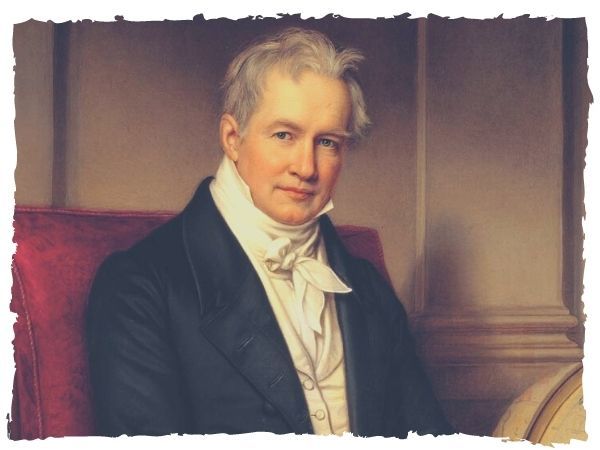
Alexander von Humboldt was a Prussian naturalist and explorer whose research on botanical geography created the basic principles for the current fields of earth science and ecology.
He travelled the world to explore land variations, leading him to be one of the first to posit that continents that are now separate were once joined.
Alexander von Humboldt also wrote Kosmos, a multivolume work in which he unified various branches of science, inspiring people to look at the universe in a holistic way–as a single entity made of interacting parts.
He was also the first person to suggest that humans can have an impact on the climate, which has led to modern day environmentalist concerns and efforts.
3. Jacques Cousteau
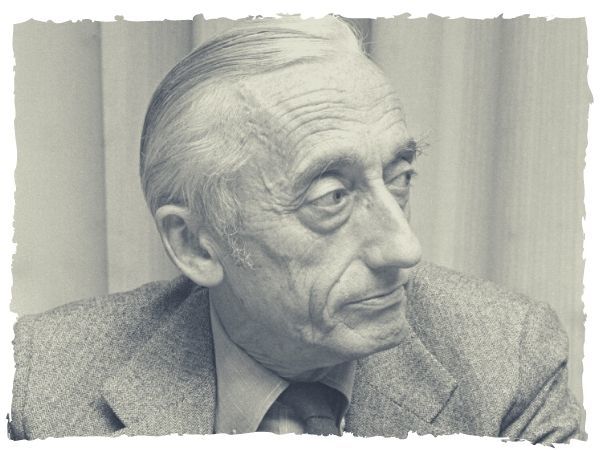
A more modern pioneer with high naturalist intelligence is Jacques Cousteau. This French naval officer and ocean explorer, scientist, and researcher studied all forms of marine life and was the first to posit that marine mammals such as whales and porpoises find their way around the sea using echolocation.
Cousteau also helped develop the underwater breathing regulator that allows scuba divers to explore–the Aqua Lung. Furthermore, he wrote a series of books on marine life, and directed films, including a 1956 Palme d’or award winner, The Silent World.
4. Carl Sagan

Moving from the depth of the sea to the heights of the galaxy, Carl Sagan was a popular and influential American astronomer. He did controversial research on extraterrestrial intelligence and the possibility of life on other planets, which many argued was fantasy and a misuse of money.
Sagan spent much of his life advocating for science and improving the public’s understanding of the workings of the solar system and other sectors of this field.
5. Viktor Schauberger
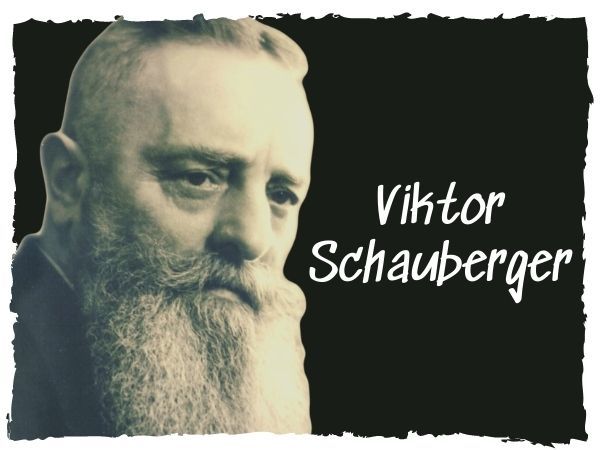
Viktor Schauberger was a forest caretaker, pseudoscientist, inventor, and experimenter. He was a pioneering Austrian naturalist and trailblazer in the studies of natural energy, uncovering a new understanding of the vast potential of energy transformation.
Similar to Alexander von Humboldt, Schauberger studied the negative impact that modern man has on the earth and how people may be sabotaging their environments by working against nature.
Final Thoughts on Naturalist Intelligence
Because of people who have a high naturalist intelligence, we have been able to identify changing environmental patterns, classify fauna and flora, and make great scientific discoveries and inventions.
By having a passion for and researching the wonders of the natural world, humans have found a way to relate to nature and the other species on earth. Those with high naturalist intelligence will continue to awaken and improve the naturalistic intelligence of our generation.
If you want to learn more about interesting people, check out this post.

Connie Mathers is a professional editor and freelance writer. She holds a Bachelor's Degree in Marketing and a Master’s Degree in Social Work. When she is not writing, Connie is either spending time with her daughter and two dogs, running, or working at her full-time job as a social worker in Richmond, VA.

